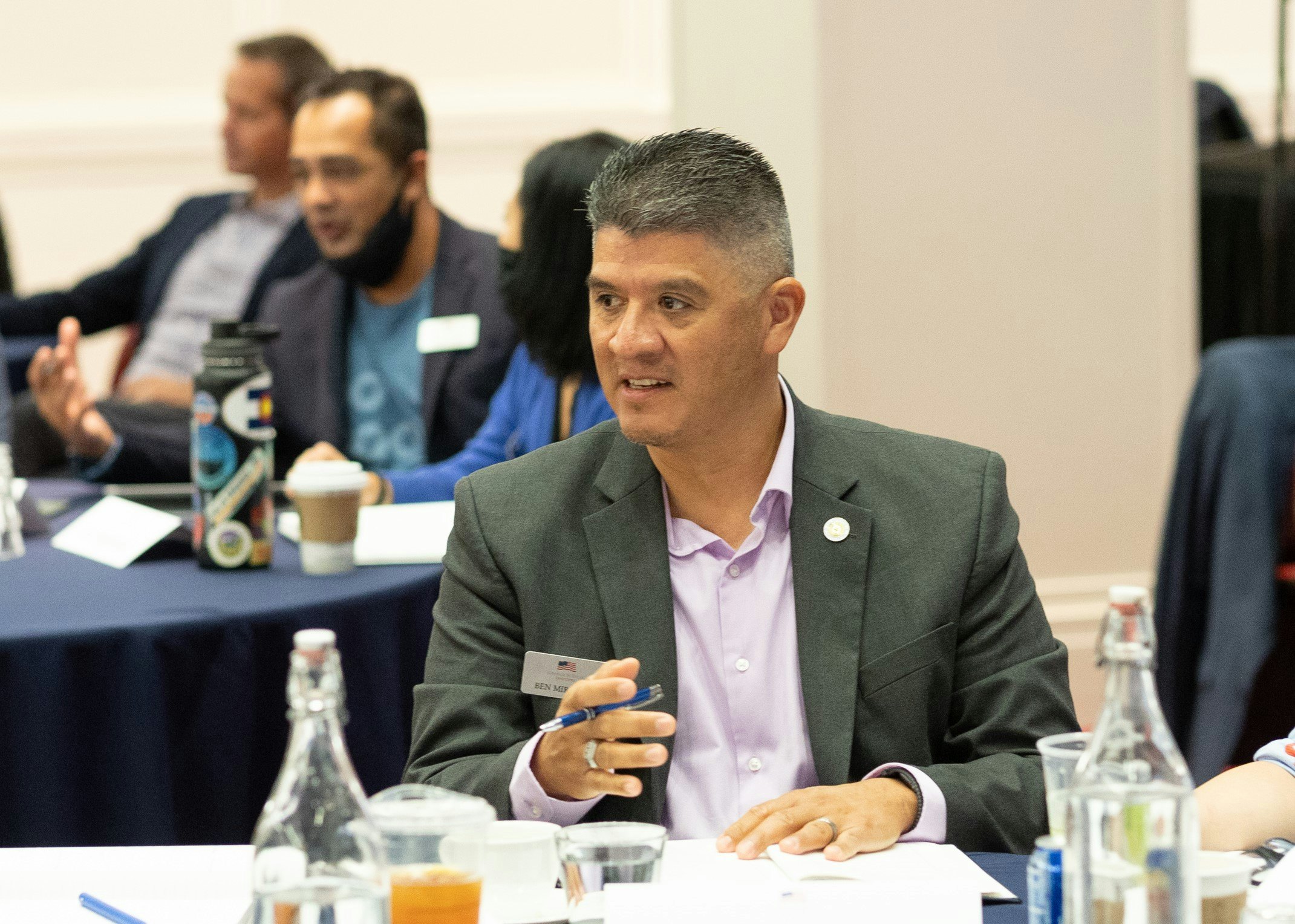This week, in honor of Veterans Day, the Bush Center will feature a series of posts that highlight the strength and resilience of the brave men and women who volunteered to wear our Nation’s uniform.
Today, we hear from Dr. David Shulkin, Under Secretary for Health for the United States Department of Veterans Affairs, about treating the invisible wounds of war.
The Veterans Health Administration is proud to honor and serve our nation’s warriors by being part of a successful transition and helping them address the Invisible Wounds of War.
Prosthetics and scars are the reminders of the sacrifices service members make nearly every day. What can’t be seen are the mental and emotional scars endured from combat that can be as debilitating as a missing limb.
The Veterans Health Administration has numerous programs in place to make the invisible wounds of war visible and treatable.
There are thousands of service members living with the invisible wounds of war, including combat stress, Traumatic Brain Injury, depression, and PTSD. While these injuries may be considered invisible, VA is increasing the awareness of these conditions so that symptoms are more perceptible and treatment more accessible.
Our treatments include Cognitive Processing Therapy, Prolonged Exposure Therapy and Eye Movement Desensitization and Reprocessing Therapy and Stress Inoculation Training. These are also effective medications for PTSD.
We offer mobile applications (apps) that provide self-help, education and support following trauma. We also have treatment companion apps, for use with a health care provider, to make treatment easier. These can be found on the VA App Store.
Our Self-Help Apps include PTSD Coach which helps the Veteran learn about and cope with the symptoms related to PTSD that commonly occur following trauma. The PTSD Family Coach is an app to support family members of those living with posttraumatic stress disorder.
And the Mindfulness Coach reminds Veterans that grounding yourself in the present moment can help you cope better with unpleasant thoughts and emotions.
Raising awareness and breaking the stigmas associated with PTSD and other invisible wounds of war are among our top priorities.
But all of this is not enough. We need help from companies, organizations, and community groups that have ideas and want to work with VA to help Veterans. That’s why we launched the Center for Compassionate Innovations, a place set up by VA to bring new ideas and strategies to promote Veteran’s well being. The email address for the Center is [email protected].
With our advanced treatment options and our dedicated, caring staff, we are here every day to help our returning warriors and to say, Welcome Home.
The Bush Institute is a great partner to the VA in supporting our efforts to reach out to Veterans and connecting them to the resources and benefits they deserve. Their emphasis on RECOGNIZING signs of distress, CONNECTING Veterans to services and care, and DELIVERING high quality care and services is an enduring commitment that weaves through all of their events and activities.






























